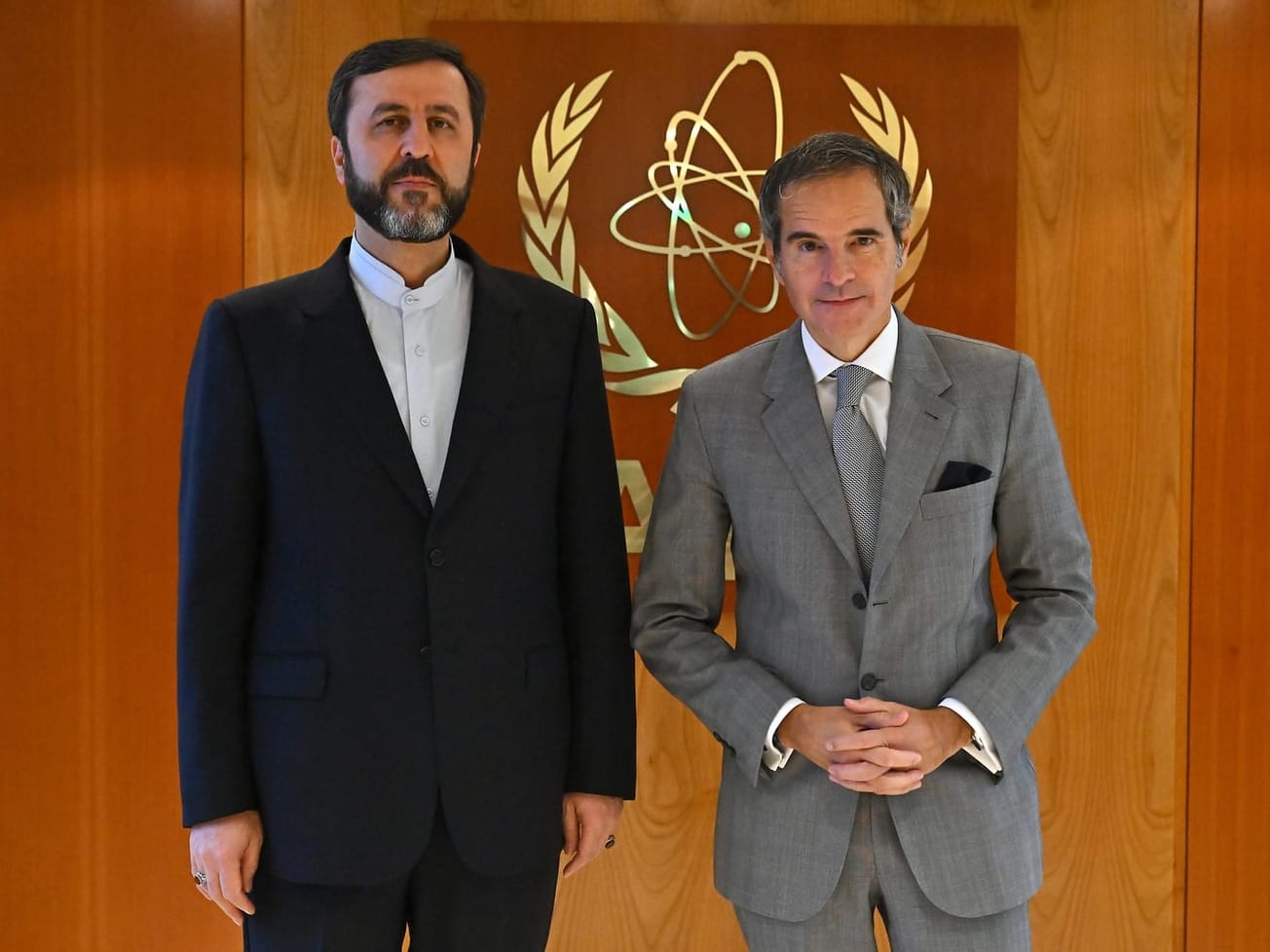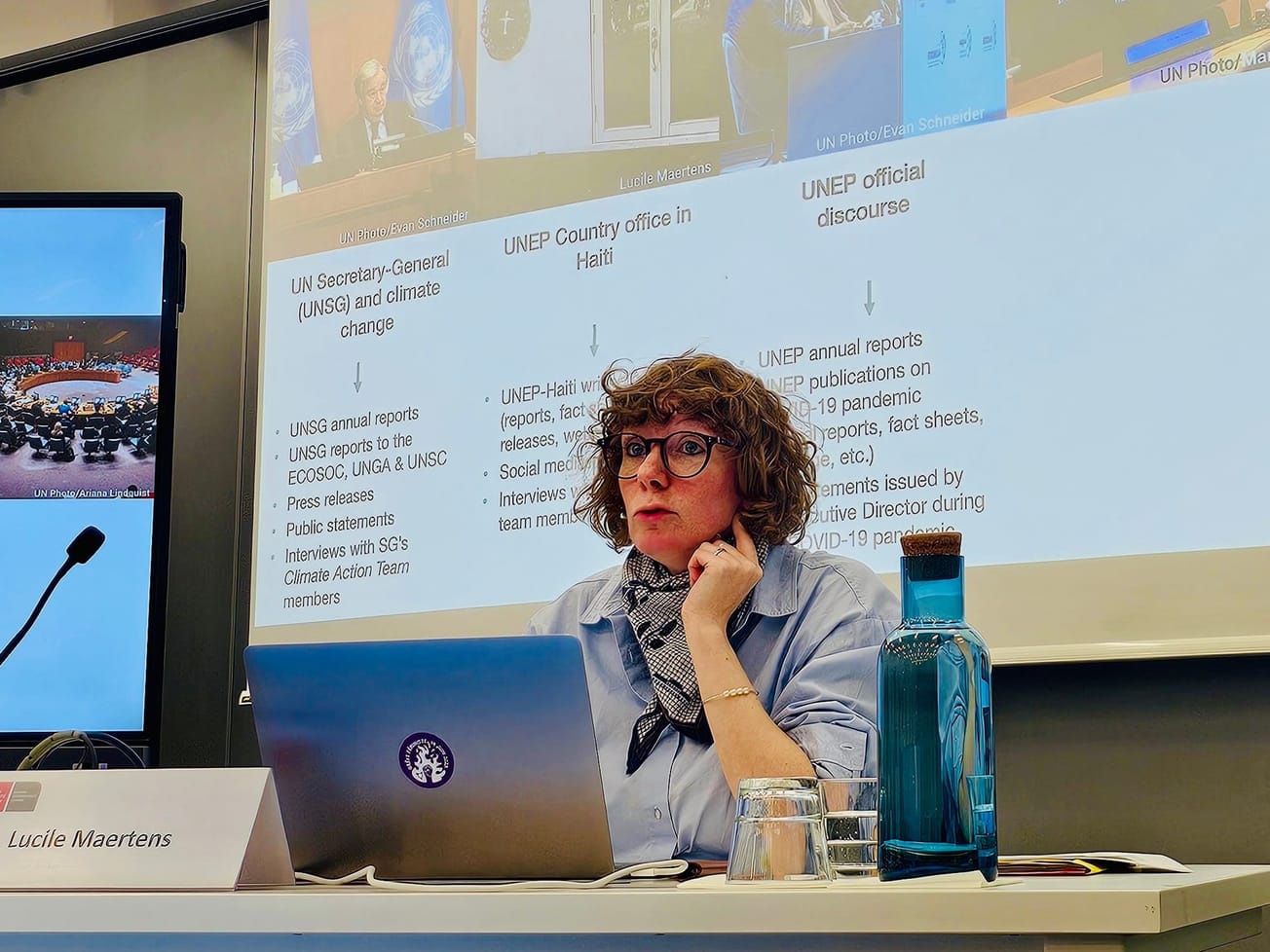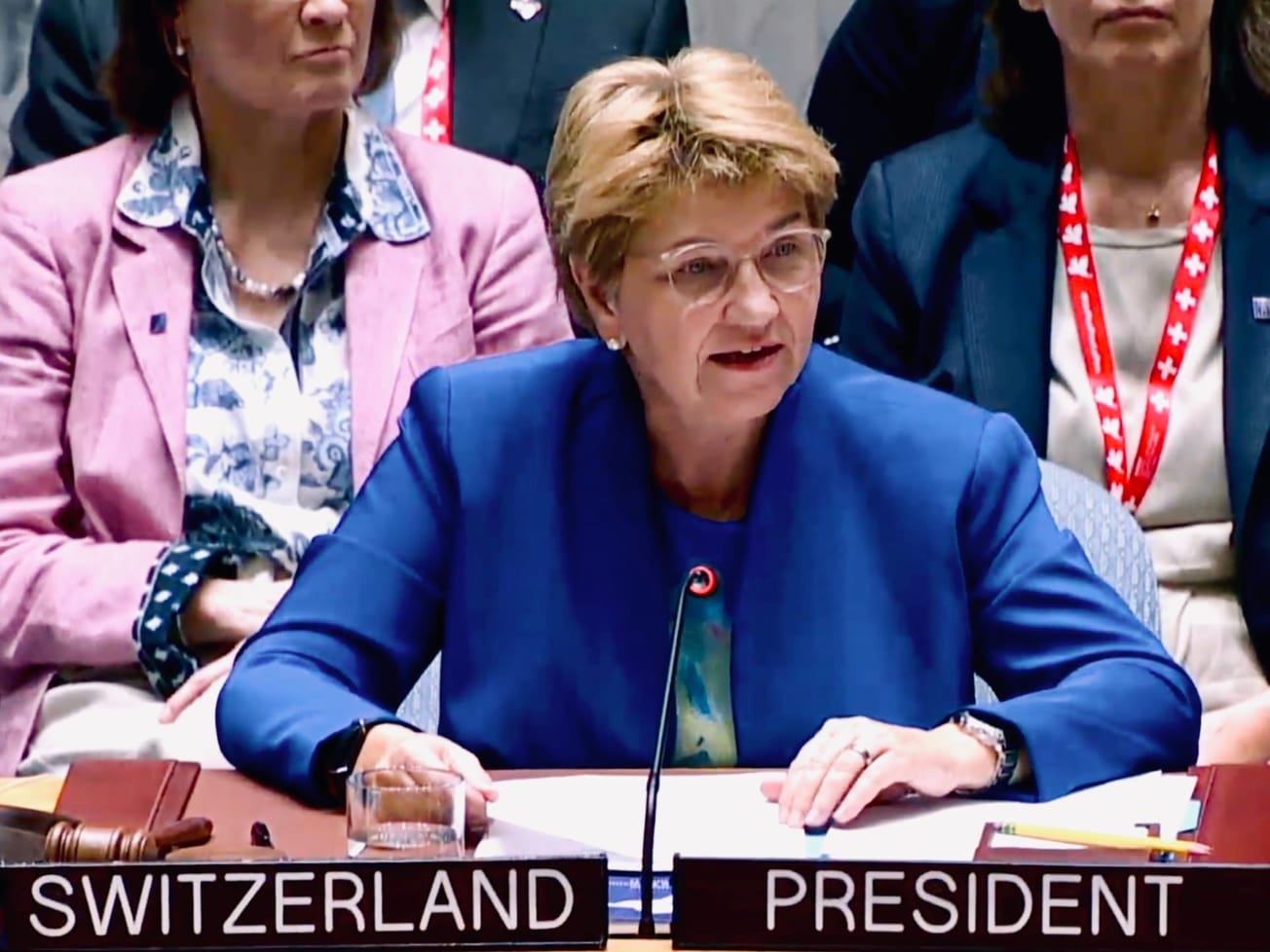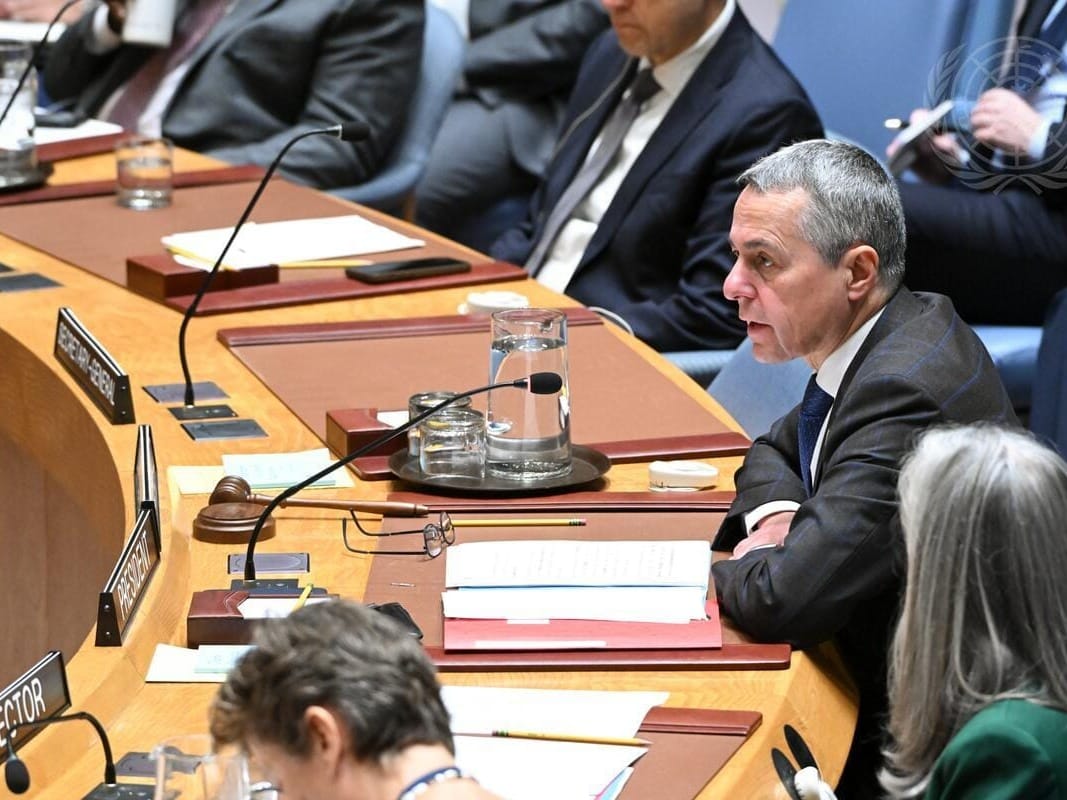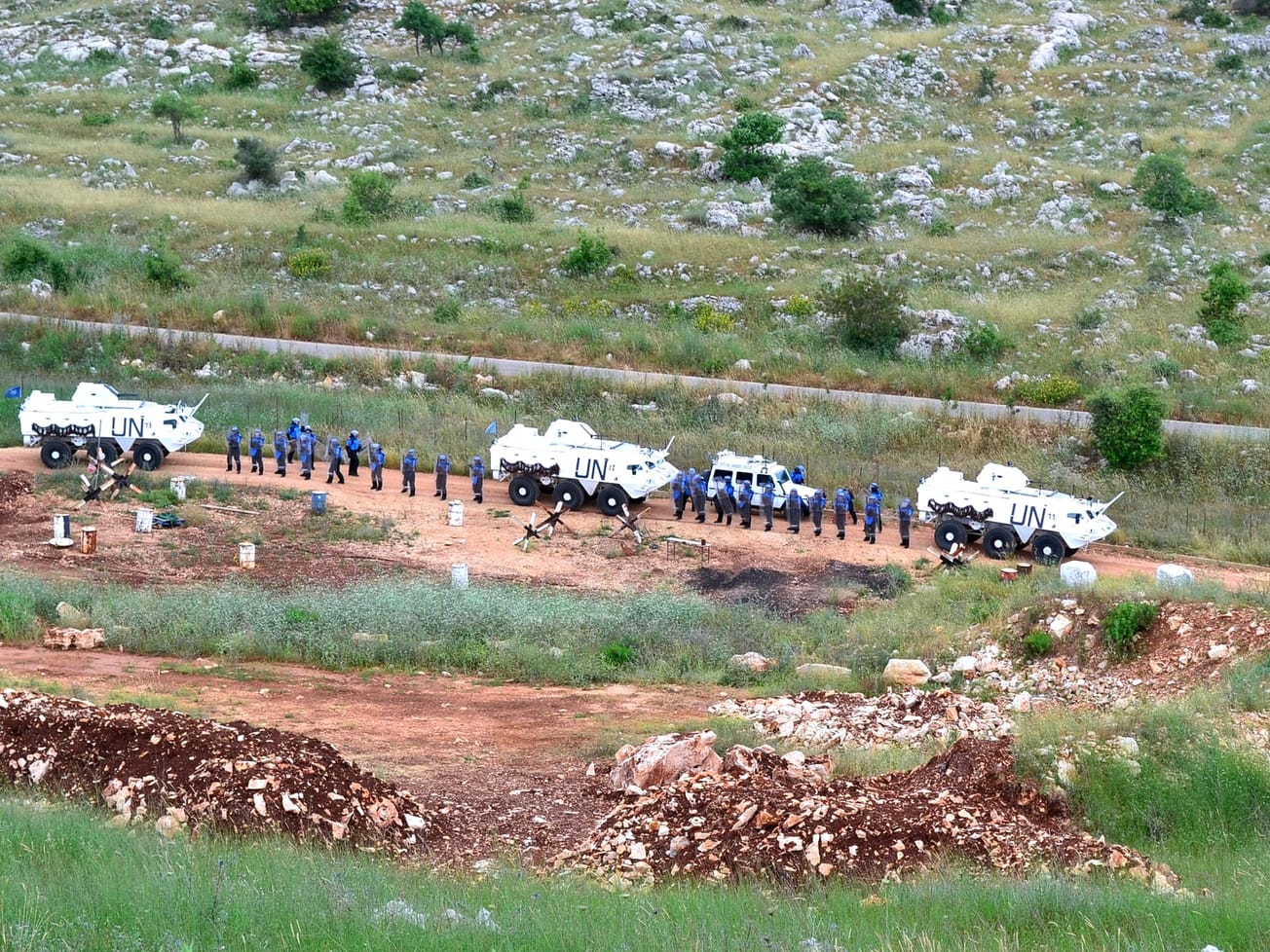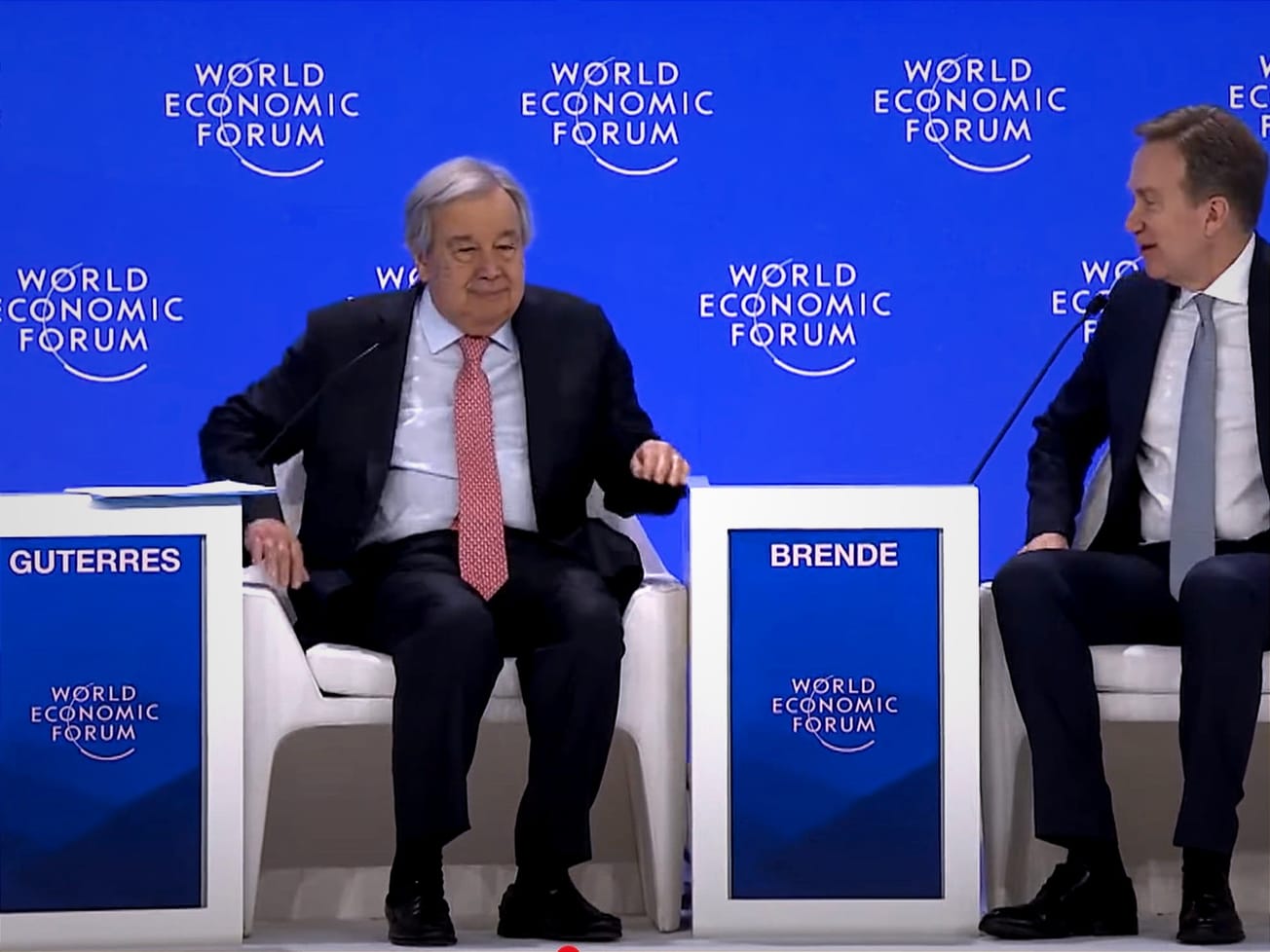
U.N. chief warns Davos crowd of a 'rudderless' and overheating world
His remarks were aimed at focusing attention on rising global temperatures and unregulated artificial intelligence.
Switzerland is a landlocked nation in Central Europe, known for its mountains, lakes, and highly developed economy. The country has a long-standing policy of armed neutrality, which has allowed it to host the headquarters of many international organizations, including the U.N. office in Geneva.

Already have an account? Log in
His remarks were aimed at focusing attention on rising global temperatures and unregulated artificial intelligence.
The South African president invoked Nelson Mandela's emphasis on global 'interdependence' and cooperation.
Billionaires' wealth 'surged' by $2 trillion in a year, while 44% of the world population lives on less than $6.85 a day.
Børge Brende, WEF's president, said there is "a greater level of global uncertainty than we have seen in a generation."
The secretive meetings reflect worries about Iran's nuclear program, its military aid to Russia, and Middle East tensions.
The post-Cold War international order is "giving way to a more fragmented landscape" that demands cooperation.
Switzerland hosted Britain, France, Germany and Iran for talks on several issues, including Tehran's nuclear program.
The ability to keep an important issue on the public agenda can depend on how an organization frames the debate.
I'm an 18-year-old Swiss-American learning how two similar democracies can have such different political cultures.
As a Swiss-American, I'm represented by a Swiss woman president who spoke at the U.N. Maybe the U.S. will follow?
Promotion of science diplomacy as a tool for handling complex global challenges is a signature issue for Switzerland.
The U.N. and dozens of nations demanded Israel stop firing at U.N. peacekeepers while attacking Hezbollah in Lebanon.
The former official was found to have made deals that included millions of dollars of personal and family benefits.
The five-year partnership aims to help ski federations, venues and race organizers better manage natural and artificial snow.
U.N. investigators say Maduro's forces are using torture and sexual abuse to punish protesters and foes of his regime.
As the U.N. honored the Geneva Conventions, the Red Cross chief said non-compliance is a 'serious problem.'



